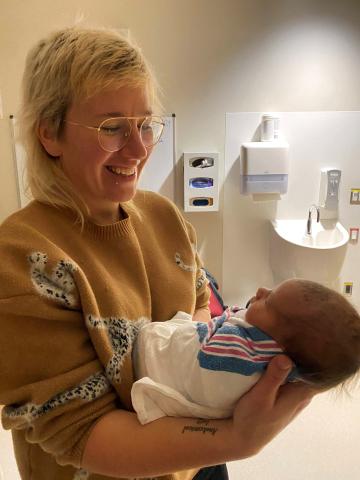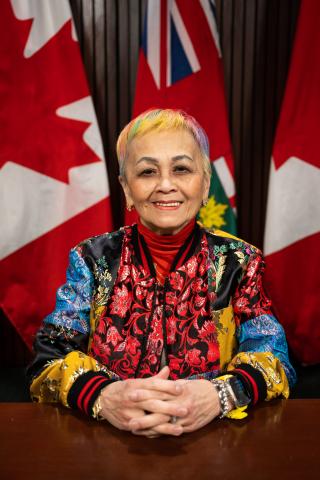The Advisory Panel’s Recommendations Report
In January 2024, Canada’s Drug Agency established a Newborn Screening Advisory Panel to develop the pan-Canadian guidance for newborn screening. Building on learnings from existing programs and processes, and through engagement with interested parties, the advisory panel developed guidance on 7 key areas related to newborn screening. They developed nonbinding, short-term (1 to 2 years) and medium-term to long-term (3 years or more) recommendations across the 7 areas.
Recommendations relate to:
- adopting a set of guiding principles (core values) to guide newborn screening work in Canada
- work toward a future pan-Canadian newborn screening governance model
- a recommended pan-Canadian list of conditions to screen for in newborns (25 conditions were identified to act as a foundation to foster discussion and decision-making leading to more consistent screening for newborns across Canada)
- enhancing processes for adding or reassessing conditions on the recommended list
- criteria for adding or reassessing conditions on the recommended list
- anticipating emerging conditions that could be added to the list in the future (29 emerging conditions were identified for monitoring, as they may be considered for future inclusion on the recommended list)
- other considerations for newborn screening at the pan-Canadian level (several out of scope topics for this work were identified for further exploration as part of future work [e.g., genomic sequencing, laboratory infrastructure, and data sharing]).


















